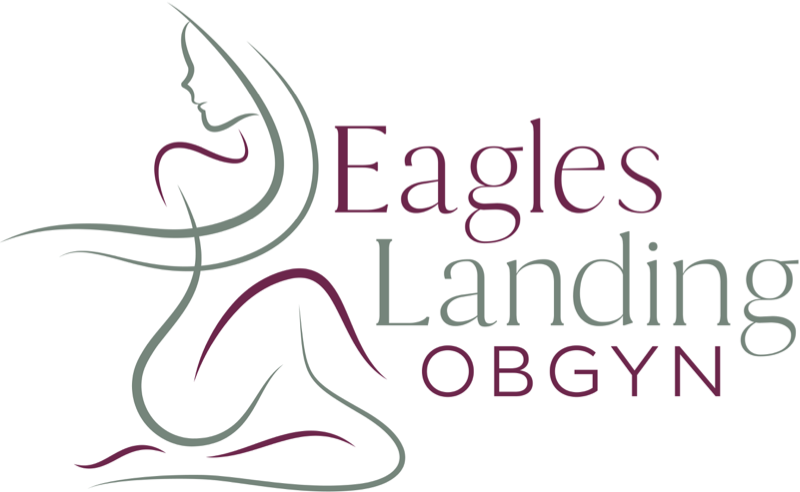
It’s no secret that women have a greater risk of developing osteoporosis than men. According to the National Osteoporosis Foundation, 80% of those diagnosed with the disease are women. Furthermore, because osteoporosis is a silent condition, it often presents no symptoms until a bone is already fractured. Bone density scans are a critical tool in the early detection and prevention of osteoporosis in women.
One of the most important things to know about bone density scans is at what age women should start getting them. According to the U.S. Preventive Services Task Force, women should begin bone density testing at age 65 or earlier if they have risk factors for osteoporosis. Women under 65 with risk factors, such as a family history or a history of fractures, should also talk to their doctor about getting a bone density scan.
Another crucial aspect to understand is what the bone density scan entails. The procedure is quick and painless, and there’s no need to prepare in advance. Patients simply lie on a table while a scanner measures the density of their bones. The process usually takes about 10-20 minutes, and patients can go about their day as usual afterward. No special clothing or removal of objects is necessary for the scan.
It’s important to note that bone density scans do not provide a definitive diagnosis of osteoporosis but rather an indication of an individual’s risk of developing it. Scans are scored using a system called T-scores, which compare a patient’s bone density to that of a young, healthy adult. A T-score of -1.0 or higher is considered normal, while a score between -1.0 and -2.5 indicates osteopenia (low bone density) and an increased fracture risk. A score below -2.5 indicates osteoporosis and a high risk of fracture.
It’s also worth mentioning that there are lifestyle changes women can make to improve their bone health and reduce the risk of developing osteoporosis. These changes include getting enough calcium and vitamin D, being physically active, avoiding smoking and excessive alcohol consumption, and taking specific medications like bisphosphonates.
Bone density scans are a valuable tool in the prevention and early detection of osteoporosis in women. Discussing your specific needs and risks with an OB/GYN provider can help determine if and when you should have a bone density scan. If you’re experiencing symptoms such as loss of height, back pain, or fractures, don’t hesitate to talk to your healthcare provider about your concerns. By staying proactive about bone health, women can enjoy healthier, happier lives.
